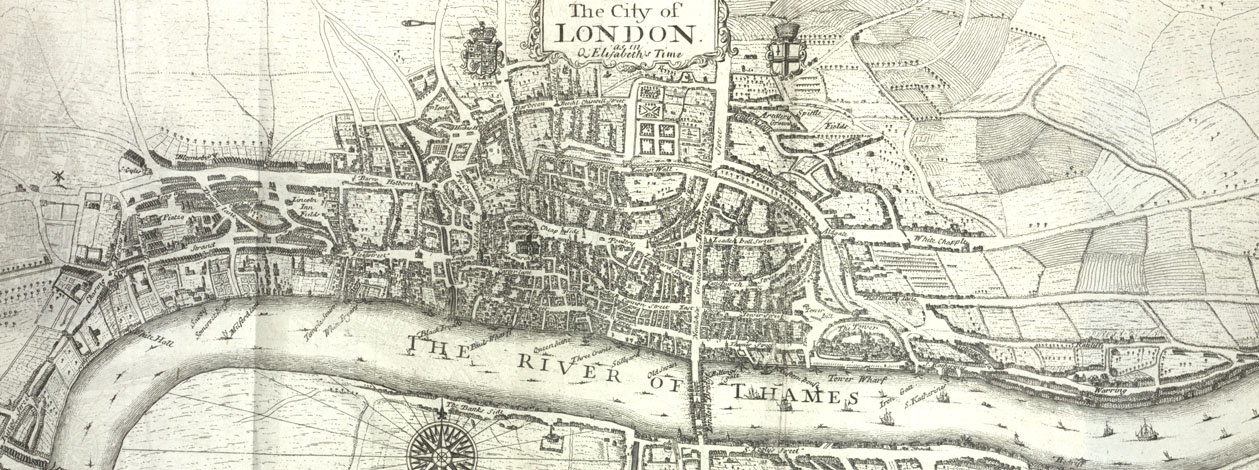Plebeian Lives and the Making of Modern London, 1690 to 1800 (since re-named London Lives), used recent technical advances in the creation and analysis of multiple digital resources to create a comprehensive electronic edition of primary sources on criminal justice and the provision of poor relief and medical care in eighteenth-century London.
This makes it possible for the first time to reconstruct how ‘ordinary’ Londoners interacted with various government and charitable institutions in the course of their daily lives. By examining how individual Londoners participated in and manipulated these agencies for their own ends, this project demonstrates how end users contributed to the development of these institutions. More generally, it allows the role of plebeians in the evolution of social practices in the modern metropolis to be assessed.
A large and diverse collection of manuscript and some printed materials, comprising over forty million words of text from twelve London archives, was digitised by the Higher Education Digitisation Service at the University of Hertfordshire and then transferred to The Digital Humanities Institute. At the HRI, a combination of automated markup and manual tagging was used to identify names, places, and dates, and the search engine and website were developed to facilitate multifaceted searching by keyword and phrase as well as XML tagged text.
The digitised sources, combined with the Old Bailey Proceedings Online and sixteen previously created datasets, was posted on the internet in June 2010 as London Lives, 1690 to 1800: Crime, Poverty, and Social Policy in the Metropolis. A search engine and workspace allow users to locate and link together records pertaining to the same individuals. For advanced users, an automated record matching facility allows systematic collation of names which appear in pairs of document types. Detailed background pages provide information about the document series included, the institutions which created them, and the major historical themes addressed in the documents. Individual biographies of the most fully documented individuals have been posted, and a wiki will allow users to contribute their research findings. In addition to the website, project outcomes include the project conference, held at the University of Hertfordshire in July 2010 (podcasts of the papers are available), journal articles and book chapters, and a major monograph.
Website
- http://www.londonlives.org A fully searchable edition of 240,000 manuscripts from eight archives and fifteen datasets, giving access to 3.35 million names.
Online Book
- http://www.londonlives.org/book This online book by Tim Hitchcock and Robert Shoemaker is a fascinating study that charts the experiences of hundreds of thousands of Londoners who found themselves submerged in poverty or prosecuted for crime. The book includes links to original sources at www.londonlives.org
Related Projects
Project Team
- Prof. Robert Shoemaker (Director – Department of History, University of Sheffield)
- Prof. Tim Hitchcock (Director – Social Sciences, Arts and Humanities Research Institute, University of Hertfordshire)
- Dr Sharon Howard (Project Manager – The Digital Humanities Institute)
- Ed MacKenzie (Developer – The Digital Humanities Institute)
- Jamie McLaughlin (Developer – The Digital Humanities Institute)
- Katherine Rogers (Developer – The Digital Humanities Institute)
